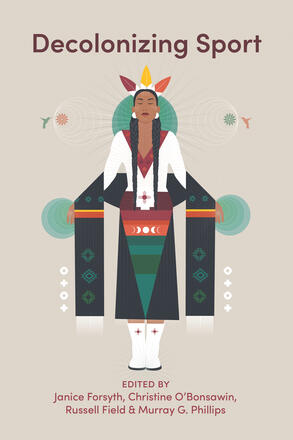
Decolonizing Sport
La description
Decolonizing Sport tells the stories of sport colonizing Indigenous Peoples and of Indigenous Peoples using sport to decolonize. Spanning several lands — Turtle Island, the US, Australia, Aotearoa/New Zealand and Kenya — the authors demonstrate the two sharp edges of sport in the history of colonialism. Colonizers used sport, their own and Indigenous recreational activities they appropriated, as part of the process of dispossession of land and culture. Indigenous mascots and team names, hockey at residential schools, lacrosse and many other examples show the subjugating force of sport. Yet, Indigenous Peoples used sport, playing their own games and those of the colonizers, including hockey, horse racing and fishing, and subverting colonial sport rules as liberation from colonialism. This collection stands apart from recent publications in the area of sport with its focus on Indigenous Peoples, sport and decolonization, as well as in imagining a new way forward.